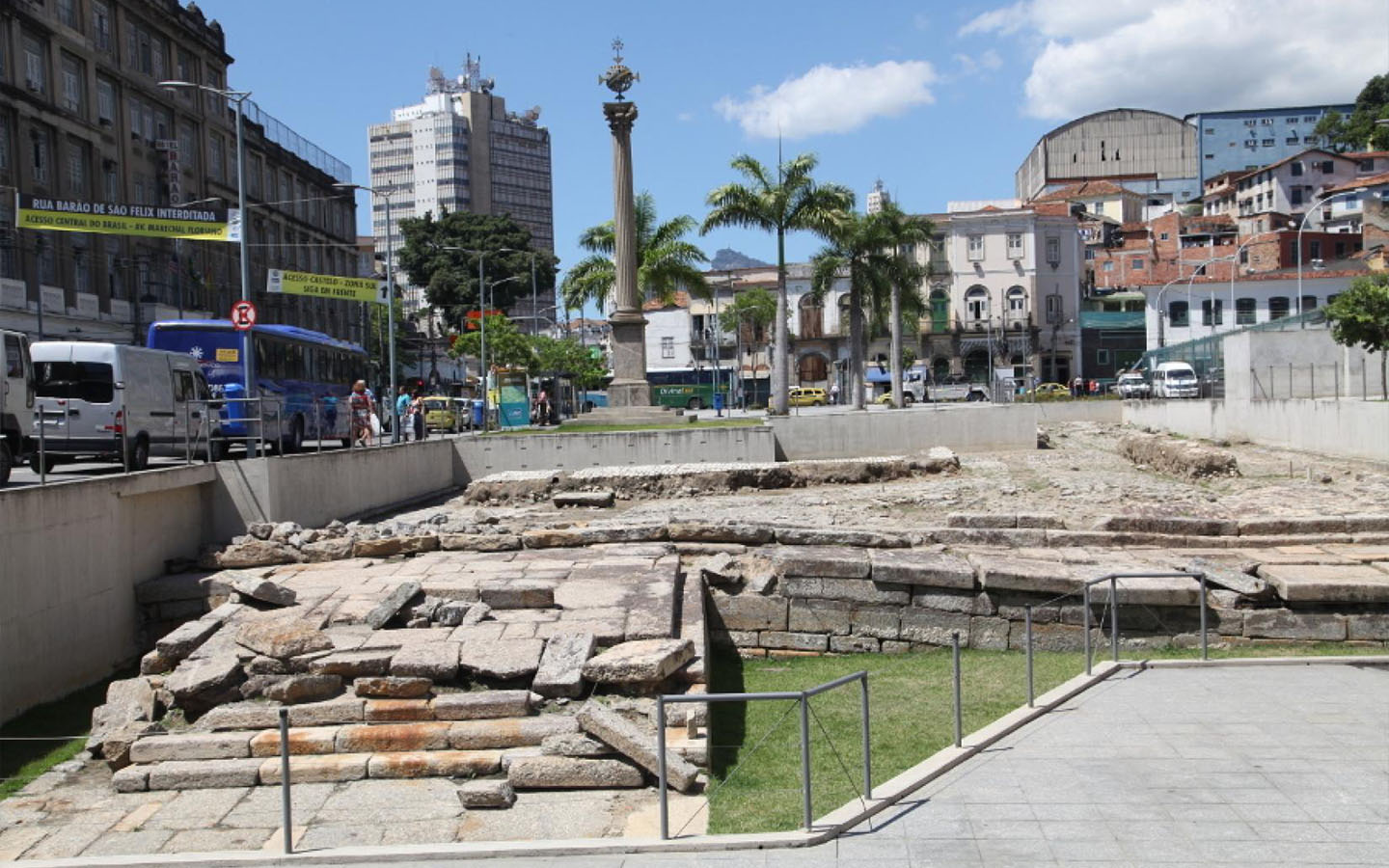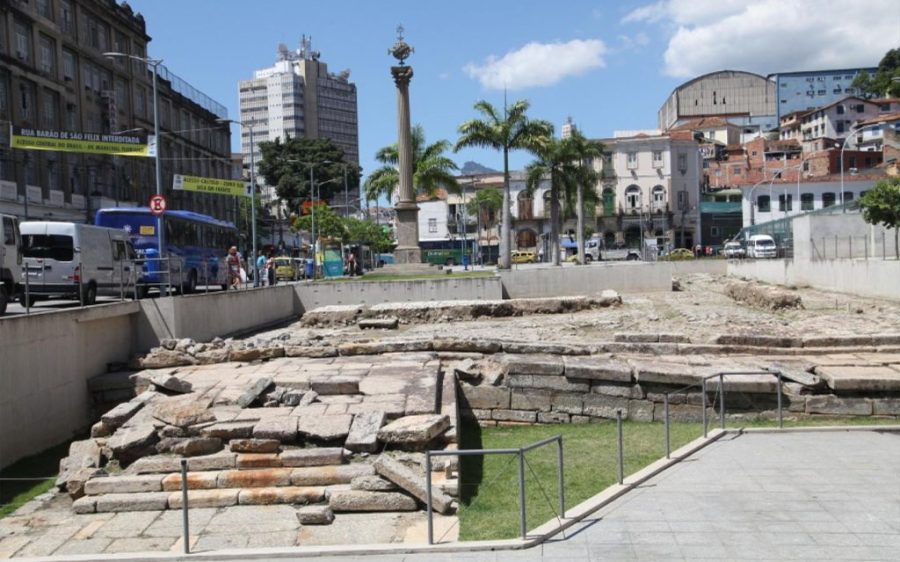Brazilian anthropologist Dagoberto José Fonseca is spearheading the Great Crossing project, enabling thousands of people to retrace and explore the complex history that connects his country and Angola, reports UN News.
The transatlantic cruise will retrace the historical maritime route used to transport Africans sold into slavery to Brazil, believed to be the biggest recipient of enslaved people with an estimated 5 million brought there in during the centuries-long transatlantic slave trade. Most were captured in what is now Angola, in West Africa, and a “colossal” number departed from Angolan ports compared to other African ports.
Fonseca, who is also a professor at São Paulo State University, told UN News that the project “seeks to acknowledge, repair and honour the memory and history of our ancestors, connecting the Atlantic world to solid ground.” In doing so, the Brazil-Angola cruise is expected to inaugurate a new era of cultural and historical tourism between the longtime allies.
The Great Crossing is expected to depart from Santos, a coastal city in São Paulo state, on 1 December 2025, hugging the coastline as it travels north for stops in Rio de Janeiro and Salvador before heading across the Atlantic Ocean to the Angolan capital, Luanda.
[See more: Bailundo king meets with descendants of escaped slaves in Brazil]
More than 2,000 people – including students, teachers, academics, businesspeople, descendants of enslaved people and religious leaders – are expected to make the 21-day journey, with seven days to sail to Angola, seven days in port, and another seven for the return trip to Brazil.
“We must return by water,” Fonseca explained to UN News, “because it was through water that our ancestors passed.” While this journey will be far more comfortable than the harrowing trip forced on enslaved Africans, those experiences will never be far away. Activities aboard the ship will include tributes to the more than 2.5 million who lost their lives during the historical transatlantic crossing, as well as workshops, roundtable discussions and networking opportunities, to encourage dialogue and build connections.
The legacy of enslaved populations is still visible in Brazil today, Fonseca highlighted, influencing national identity, culture, cuisine and language. The Great Crossing will mark the first time that a large group of Brazilian travellers descended from enslaved people will return to Angola in such a context. He emphasised that the cruise is “part of a broader movement advocating for reparations for transatlantic slavery and European colonialism” calling that advocacy a “cornerstone” of the Great Crossing project.






